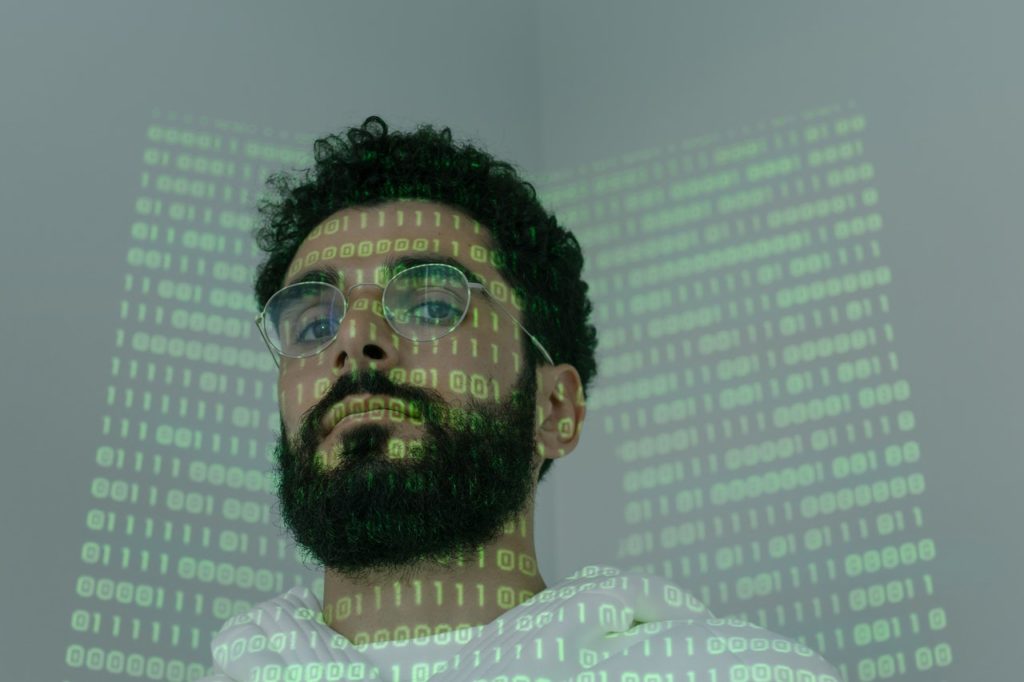The Internet is a very wonderful place. It’s where you can find and enjoy cat memes, stream movies and TV shows, reconnect with your long-lost friends, and shop for your wants and needs. While it’s a beautiful venue for ideas and other activities that are less convenient when done offline, you cannot deny the fact that it can also be dangerous
The Internet is full of people who have malicious intent. It has a lot of information designed and written to mislead you. Every now and then, you will discover that some are trying to get into your accounts. Yes, it can be scary, and you need to set up several protective measures.
You may not have the capability to hire a trusted web security company. However, you will realize that protecting yourself online is actually easier than it seems. If you are looking for some things to help yourself, here are the pointers worth taking note of:
Make sure your passwords are strong
Obviously, the first thing that you need to do is to see to it that you have a strong password. Despite such cautions, people still use easy-to-guess passwords, such as “1234567” and birthdays. You have to make sure that your password is a random combination of words and letters – something that anyone cannot probably think of. Make sure that you have symbols and numbers in your passwords. If you think that is quite a chore for you, a password management app can come up with a strong password. More importantly, you ought to change your passwords regularly within the year.
Use two-factor authentication
Other than a strong password, identity verification makes a good layer of security. In this case, you must use two-factor authentication. In this set-up, you will be asked to verify your identity by keying in a special code that is sent to your email or phone. Other systems and websites may ask you security questions – the type that only you can answer.

Use a VPN
Increase your privacy and security online by using a virtual private network or VPN. By using a VPN, you are basically hiding your private information. This means that web browsers and other parties trying to access your data will be kept at bay. Other than security, VPNs also provide you with some perks. For one, you can stream shows and movies that are not available in your country. In case you’re traveling abroad, you will be able to avoid censorship, which means you may be able to access websites that have been blocked by your destination country.
Make sure that the sites you visit use encryption
When browsing sites, you need to make sure that they use encryption. Encryption is basically a method of converting information into a discernable code to keep prying eyes from accessing your data. It’s easy to figure out if the website you’re using is encrypted. There should be a lock icon appearing beside your address bar and that the URL begins with https instead of http. Sometimes, you may use sites that are not encrypted. When it comes to this, make sure that you are using a different password (and a stronger one, too!)
While the Internet is such a wonderful place to be in, prying eyes, hackers, and people with malicious intent are just waiting for a chance to get into your accounts and access your important data. As such, it is important to make protection your priority. The good news is, it is not that hard to do. You just have to use your good judgment and make sure that you avoid suspicious communications, such as emails and links.
